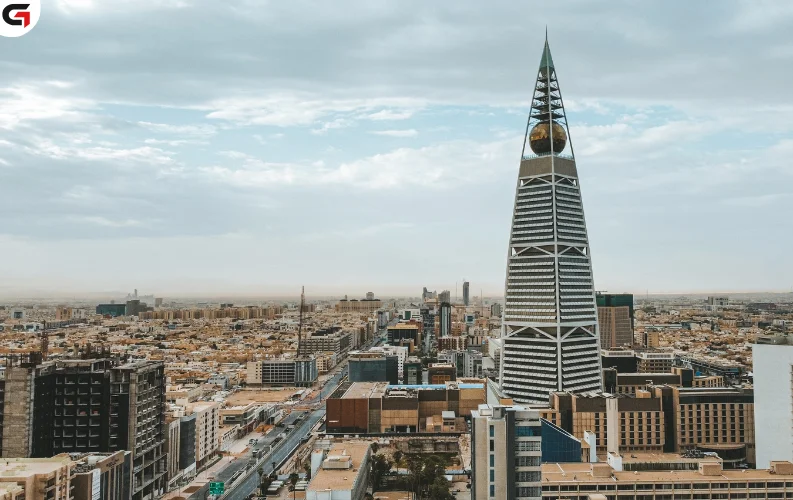Riyadh’s office property market is heating up fast as rising demand from global corporations and a surging economy push prime office rents sharply higher. According to Savills’ Q2 2025 report, average rents in the Saudi capital jumped 10% year-on-year, with Grade A office occupancy reaching a near-full 98%.
The uptrend comes amid a shift toward larger office footprints. Half of all leasing enquiries in the second quarter targeted office spaces exceeding 1,000 square meters, an increase from 28% in the previous quarter. International firms, particularly from the U.S. and U.K., are leading this demand, accounting for 46% of Savills’ recorded leasing interest.
The banking, financial services, and insurance (BFSI) sector was the dominant force in office transactions, comprising 50% of all deals. Legal and pharmaceutical firms made up the remaining half, reflecting a broad-based appetite for premium commercial real estate in the city.
Saudi Arabia’s expanding economy is providing the backdrop for this leasing surge. Non-oil GDP rose by 4.9% and the Kingdom’s overall economy is forecast to grow 3.5% this year. The June PMI hit 57.2, the highest in 14 years, fueled by hiring activity and strong private-sector performance.
Foreign direct investment reached SAR 22.2 billion in Q1 2025, rising from SAR 15.5 billion in the same period last year. Global names like BNY Mellon, London Business School, ASPEN, and Globant have established their regional bases in Riyadh in recent months, further elevating the city’s status as a commercial hub.
Improving infrastructure is adding to the city’s business appeal. The Riyadh Metro, which logged more than 25 million passengers in Q1, has improved access to key districts such as the King Abdullah Financial District (KAFD) and Olaya, helping to ease commutes and connect commercial zones.
Rents are rising fastest in central zones. Zone C registered the steepest growth at 15%, followed by Zone A at 11%. But this tight supply environment may ease by late 2026 as nearly 900,000 square meters of new Grade A office space is expected to enter the market, including from mega-developments like Diriyah Gate and Misk City.
While future supply may temper the current momentum, analysts say strong business sentiment, consistent investor inflows, and a robust pipeline of multinational relocations are keeping Riyadh’s office sector on a high-growth path. The city’s commercial real estate continues to play a central role in advancing Saudi Arabia’s Vision 2030 goals to transform its economy and attract global enterprise.




















